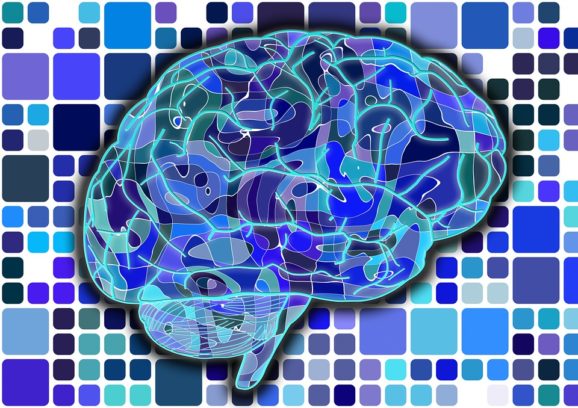In every school, there are teachers who very effectively manage students. At first, it was thought that those teachers had some big bag of tricks that other teachers didn’t have, which helped them to know just what to do in various situations. What the research is telling us is that effective classroom managers spend an inordinate amount of their time during the first few days and weeks of school establishing their expectations and procedures, in other words, their rituals. Continue Reading…
As rhymes are brain compatible, I wrote an original one to symbolize what we teachers and administrators do to students in schools. It is as follows:
Students can’t talk in class.
They can’t talk in the hall.
They can’t talk in the cafeteria.
They can’t talk at all!
I simply cannot teach or live without music! Neither should you. Music gets each day off to an encouraging start, leads students calmly through transition times, minimizes classroom disruptions, and gives all who hear it a sense of well-being. Continue Reading…
Teachers ask this question of me a great deal, What is more memorable to the brain– typing on a computer or writing in long hand? Guess which one! If you said writing, you would be correct. Continue Reading…
One of my favorite commercials is one for Walmart where a father surprises his teenage daughter with her own cell phone. In her euphoric state, she excitedly hugs her father and announces to him that she will now be able to “pin, post, tweet, snap, tag, check, and share.” Continue Reading…
“Did you hear about the mathematician who’s afraid of negative numbers? He’ll stop at nothing to avoid them.”
If the math pun above made you laugh or even smile a little, it put your brain in a more positive state. Research tells us that jokes, riddles, celebrations, and other forms of positive interaction not only create a positive learning environment but may also facilitate learning itself. Continue Reading…
As I travel around the United States presenting, I am realizing that the fun has gone out of teaching and learning in so many classrooms. With increased emphasis on standardized testing, benchmarks, and accountability, school is just not fun anymore! Continue Reading…
A while back, I was invited to present for the Honolulu Association for Supervision and Curriculum Development. My husband and I went one week earlier than the day on which I was to present so that we could enjoy the scenic beauty and historical significance of our 50th state. I will never forget spending one of those days at Pearl Harbor. Continue Reading…
I once heard a brain consultant by the name of Fritz Mengert say that if he had to choose between putting his grandchild in a day care center where teachers rock, hold, and hug children or one where academics are emphasized over all else, the decision would not be a difficult one. Continue Reading…
“The more that you read, the more things you will know. The more you learn, the more places you’ll go.”— Dr. Seuss
A woman once asked Albert Einstein how she could make her son more intelligent. His response? Read him fairy tales. Continue Reading…
Success in school depends on many factors for students, but one of the most important areas that can be overlooked is proper physical health practices that encourage healthy brain development. The brain is a demanding organ. It comprises only 2% of the total body weight, but consumes 8 to 10 times more oxygen and glucose than any other organ in the body. This is why we must do everything we can to protect this vital part of our body. Sadly, some people have had the health of their brains compromised as a consequence of incurring an injury. Luckily, brain injury lawyers try their best to seek justice in a legal sense retrospectively. If our bodies don’t receive the proper nutrition they need, the brain is the first to suffer. Continue Reading…
Whether you are a teacher delivering instructions to students or a student attempting to retain information for a class, there are 20 cross-curricular strategies that take advantage of the way all brains learn best. They are as follows:
According to brain research, there are simple things you can do to create a calming, stress-relieving environment for you, your family, and even students in a classroom.
When students cannot see the purpose in a teacher’s lesson, they will often ask the question, “Why do we have to learn this?” This question makes perfect sense, since the purpose of the brain was never to make straight As or score high on a standardized test. The purpose of the brain is survival in the real world. So the question becomes, “What does this lesson have to do with my survival?”













